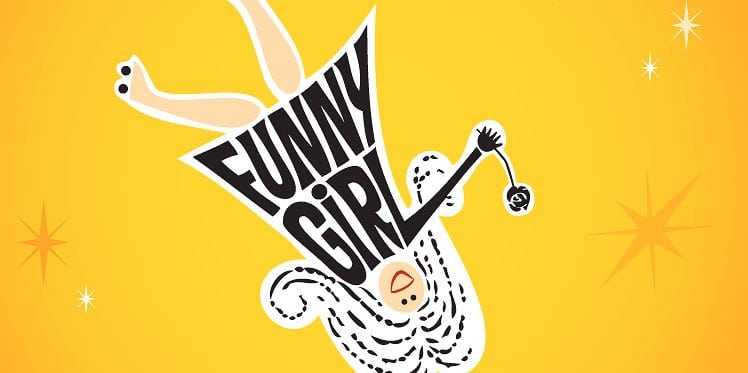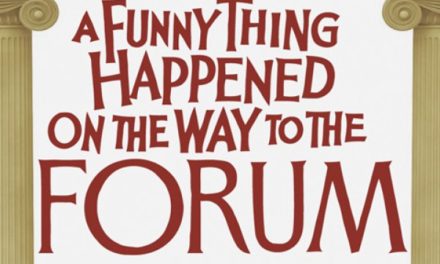The most famous songs from Funny Girl, “People” and “Don’t Rain On My Parade,” are unusual in that they’re stunningly successful, and yet they contain elements that are “wrong” in a strict definition of the term. Funny Girl, in fact, is a show in which the “bad” models work; so, one must emulate with caution.
It also had a troubled road to Broadway. Key people quit or were fired, and, after leaving the project, director Jerome Robbins came back to fix it. At that point, out of town, there was only one thing working “Barbra Streisand’s performance” and the “fix” involved giving her more stage time. Indeed, the reason Funny Girl was a hit is that a genuine star was born, and audiences flocked to see her while they could. When your lead actress is filling the seats, the quality of the writing diminishes in importance.
Examined carefully, the lyrics to “People” don’t make a whole lot of sense. It starts low and conversationally, “People” people who need people,” and then soars: “are the luckiest people in the world.” And it concludes with the same statement. But “need people” is not what the character means. She’s saying that people who are in love are lucky, not the infirm who have to rely on round-the-clock nurses. While the lyrics are obtuse, Jule Styne’s music is gorgeous, and allows the singer to let loose with those fabulous high notes.
“Don’t Rain On My Parade” has music that is utterly contemporary (mid-1960s) and has a jazzy Latin beat, with chords that seem to be getting higher every time they’re heard. It’s a very exciting tune that’s anachronistic in the extreme. However, much of the rest of the score “”Who Taught Her Everything?,” “Cornet Man,” “Rat-a-Tat-Tat” “is so perfectly representative of its period, the whole of Funny Girl doesn’t play as too out of time.
Perhaps Styne, like Robbins, knew that Streisand was to be the chief asset of the show, and made writing specifically for her talents his primary consideration. The harmonies of the second act torch song, “The Music That Makes Me Dance,” are very 1960s, but there’s so much emotion in the situation, and Streisand’s singing is so strong, the listener doesn’t care about anything else. The flip side of this equation is the sad fact that Funny Girl doesn’t get produced very often. The show and score is so associated with the original star, it’s rare that the risk is taken to fill her shoes.




















So much true. Is the first time I’ve seen or heard anyone else raise the thoughts I had regarding the words to People. Thought I was alone in my perception, which I am so often.